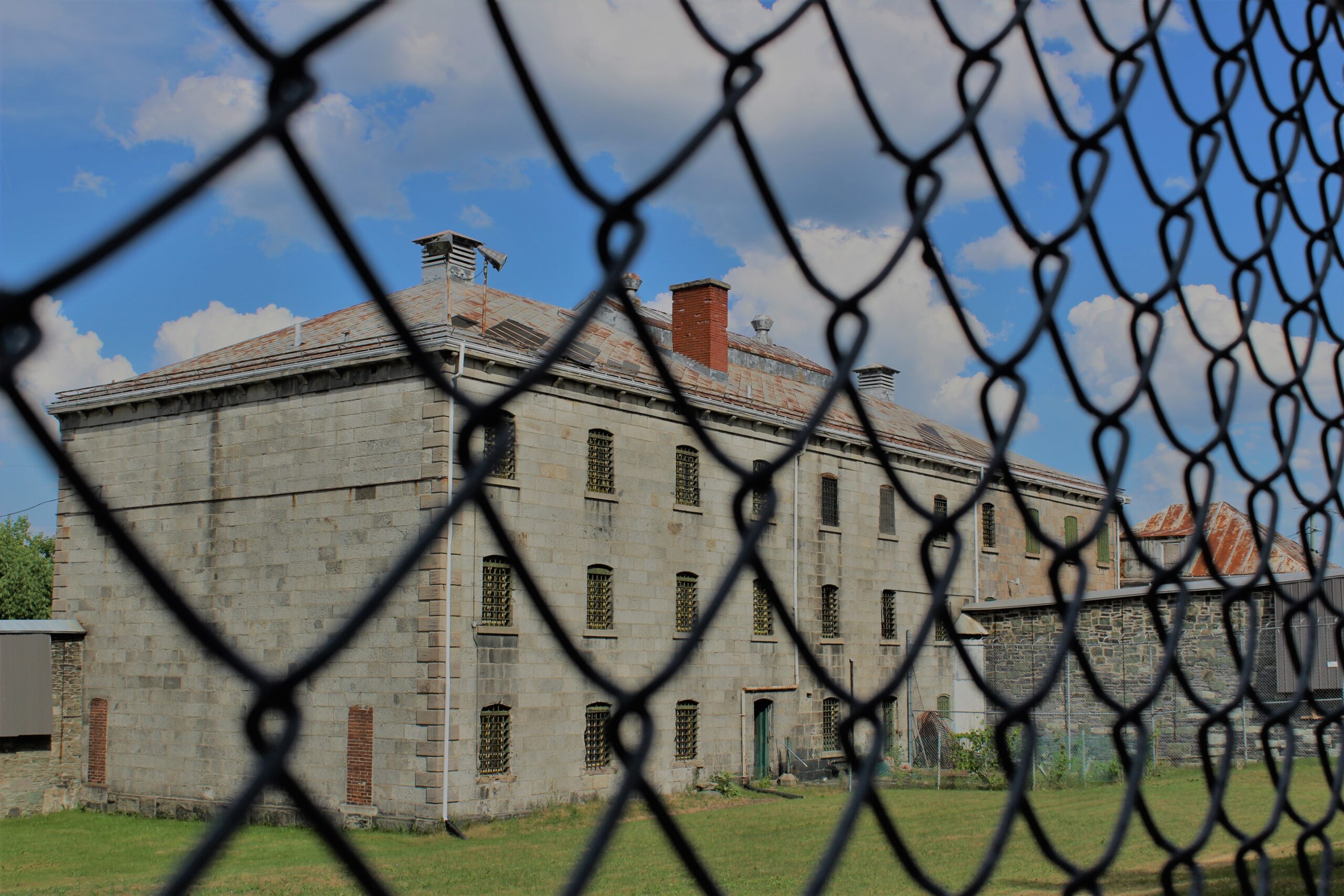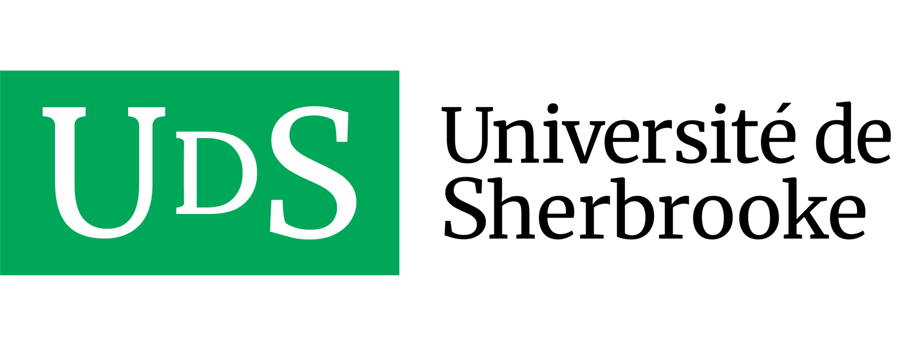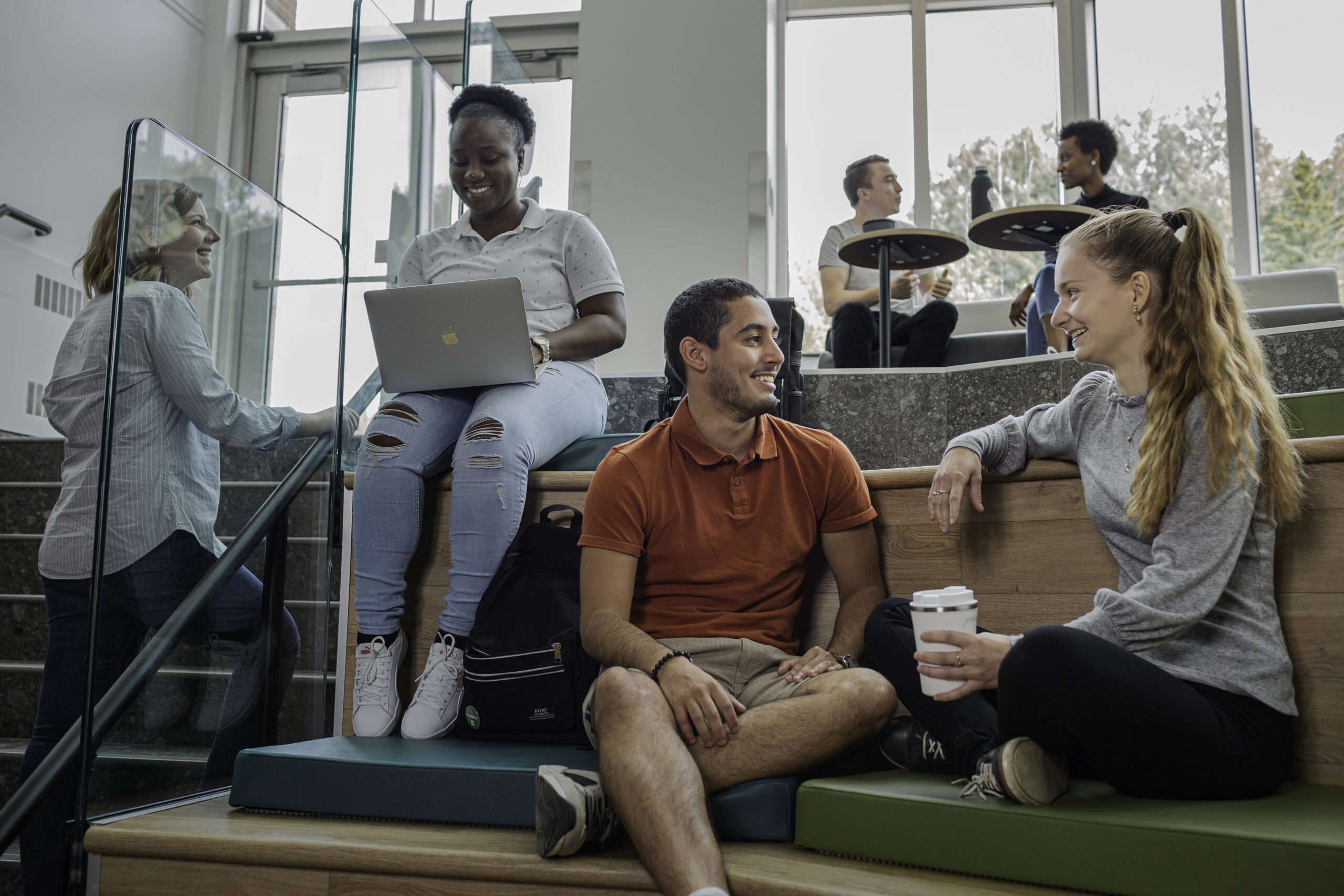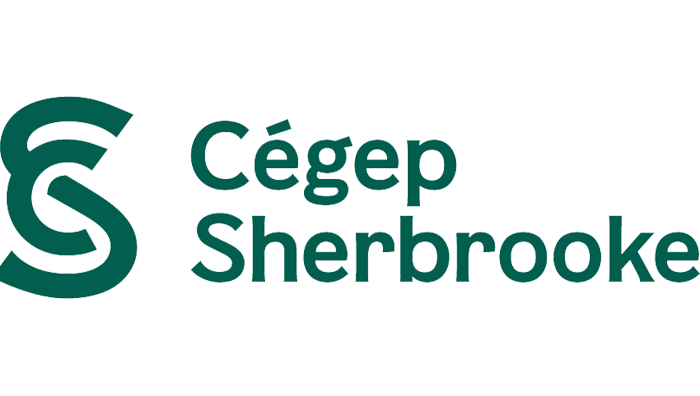Creating an Inter-Level Summer School Focusing On Criminal History and Law in the Eastern Townships

The first joint History Summer School took place from August 10-14th of 2020, in the Séminaire de Sherbrooke classrooms. Falling under the theme “Sherbrooke behind bars”, this intensive educational activity brought 20 history students together from Cégep de Sherbrooke and Univeristé de Sherbrooke, who deciphered local archive documents to shed light on the Eastern Township criminal history and law. This work led to the creation of the website Project Winter aimed at the general public.
The Summer School focused on Sherbrooke’s local abandoned prison and on the general prison system. The participants visited the building accompanied by a history guide and a former prison guard. They used the local Sherbrooke prison to investigate the philosophical and practical techniques used in North America at the end of the 19th and 20th century, such as: the evolution of correctional institutions architectural forms, women in detention centers, the relationship between correctional institutions and urban environments, juvenile delinquent correction measures, highly publicised trials, the geography of crime, the execution of criminals, etc.
Starting with help from the PRESE, and by collaborating with the Bibliothèques et Archives nationales du Québec (BANQ) and the Musée d’histoire de Sherbrooke this new summer school seeks to immerse students in the practical dimension of the historical discipline while discovering rudimentary archival works and integrating a collection of works done on oral recounts. Over a long intensive week, participants gained academic knowledge in history, research techniques, and interpersonal skills, thanks to an approach which values teamwork. A second edition of the summer school is in preparation for 2022.
Project team
Sophie Abdela

Professeure to Département d'histoire
Faculté des lettres et sciences humaines, Université de Sherbrooke
This project was made possible thanks to $20 000 of PRESE financial support, as part of the 2019 call for research proposals and a granting of $8 957 for the organisation of the second edition in 2022.

Learning with YOU


